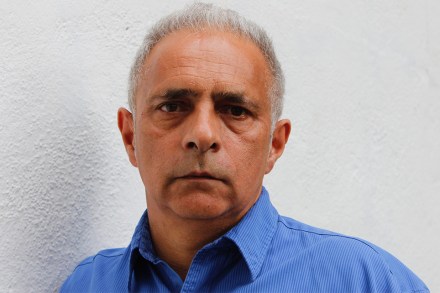I actually feel sorry for Prince Andrew
‘Many would have preferred this book not to be written, including the Yorks themselves.’ So Andrew Lownie begins his coruscating examination of the lives of Prince Andrew and Sarah ‘Fergie’ Ferguson, which has excited significant media attention due to its scandalous revelations. Lownie, a historian and literary agent, has pivoted away from an earlier, more conventional career as a biographer of John Buchan and Guy Burgess to the self-appointed role of royal botherer-in-chief. After earlier, similarly scabrous books about the Mountbattens and the Duke and Duchess of Windsor, he now finds his first contemporary targets, and the results are predictably marmalade-dropping. Prince Andrew’s decline in public popularity over the past













